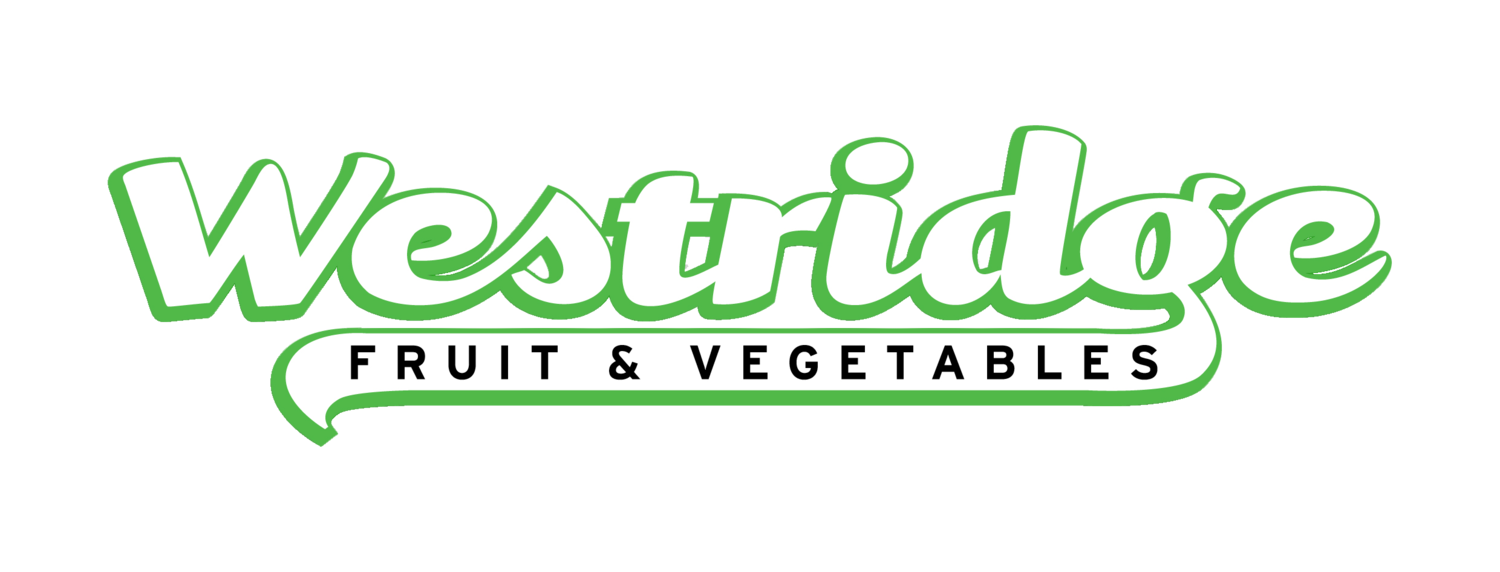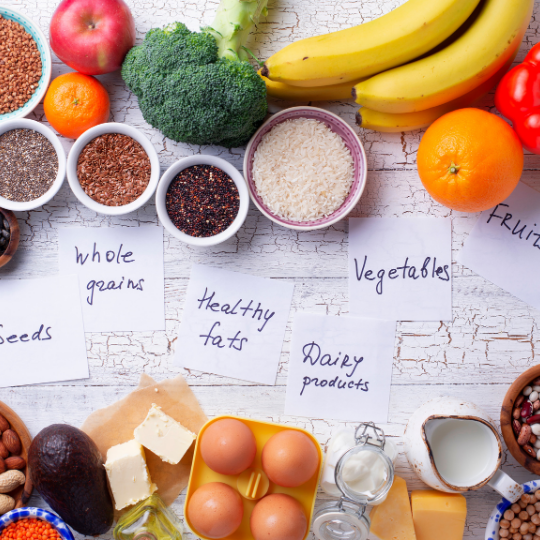What is a healthy diet?
Eating a healthy diet is not about strict limitations, staying unrealistically thin, or depriving yourself of the foods you love. Rather, it’s about feeling great, having more energy, improving your health, and boosting your mood.
Healthy eating doesn’t have to be overly complicated. If you feel overwhelmed by all the conflicting nutrition and diet advice out there, you’re not alone. It seems that for every expert who tells you a certain food is good for you, you’ll find another saying exactly the opposite. The truth is that while some specific foods or nutrients have been shown to have a beneficial effect on mood, it’s your overall dietary pattern that is most important. The cornerstone of a healthy diet should be to replace processed food with real food whenever possible. Eating food that is as close as possible to the way nature made it can make a huge difference to the way you think, look, and feel.
While some extreme diets may suggest otherwise, we all need a balance of protein, fat, carbohydrates, fiber, vitamins, and minerals in our diets to sustain a healthy body. You don’t need to eliminate certain categories of food from your diet, but rather select the healthiest options from each category.
You don’t have to completely eliminate foods you enjoy, and you don’t have to change everything all at once—that usually only leads to cheating or giving up on your new eating plan.
A better approach is to make a few small changes at a time. Keeping your goals modest can help you achieve more in the long term without feeling deprived or overwhelmed by a major diet overhaul. Think of planning a healthy diet as a number of small, manageable steps—like adding a salad to your diet once a day. As your small changes become habit, you can continue to add more healthy choices.
Setting yourself up for success
To set yourself up for success, try to keep things simple. Eating a healthier diet doesn’t have to be complicated. Instead of being overly concerned with counting calories, for example, think of your diet in terms of color, variety, and freshness. Focus on avoiding packaged and processed foods and opting for more fresh ingredients whenever possible.
Prepare more of your own meals. Cooking more meals at home can help you take charge of what you’re eating and better monitor exactly what goes into your food. You’ll eat fewer calories and avoid the chemical additives, added sugar, and unhealthy fats of packaged and takeout foods that can leave you feeling tired, bloated, and irritable, and exacerbate symptoms of depression, stress, and anxiety.
Make the right changes. When cutting back on unhealthy foods in your diet, it’s important to replace them with healthy alternatives. Replacing dangerous trans fats with healthy fats (such as switching fried chicken for grilled salmon) will make a positive difference to your health. Switching animal fats for refined carbohydrates, though (such as switching your breakfast bacon for a donut), won’t lower your risk for heart disease or improve your mood.
Read the labels. It’s important to be aware of what’s in your food as manufacturers often hide large amounts of sugar or unhealthy fats in packaged food, even food claiming to be healthy.
Focus on how you feel after eating. This will help foster healthy new habits and tastes. The healthier the food you eat, the better you’ll feel after a meal. The more junk food you eat, the more likely you are to feel uncomfortable, nauseous, or drained of energy.
Drink plenty of water. Water helps flush our systems of waste products and toxins, yet many of us go through life dehydrated—causing tiredness, low energy, and headaches. It’s common to mistake thirst for hunger, so staying well hydrated will also help you make healthier food choices.
Source: https://www.helpguide.org/

